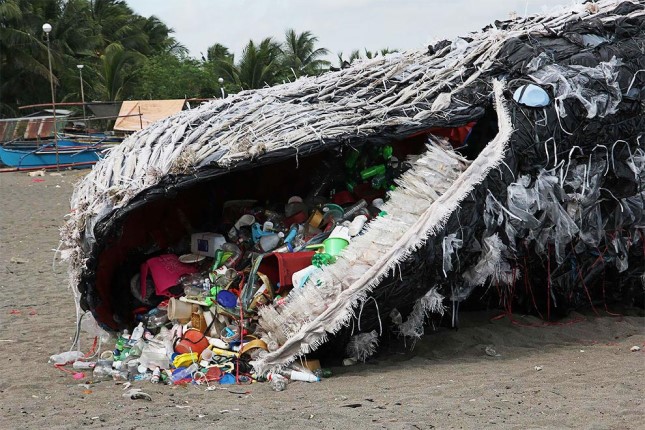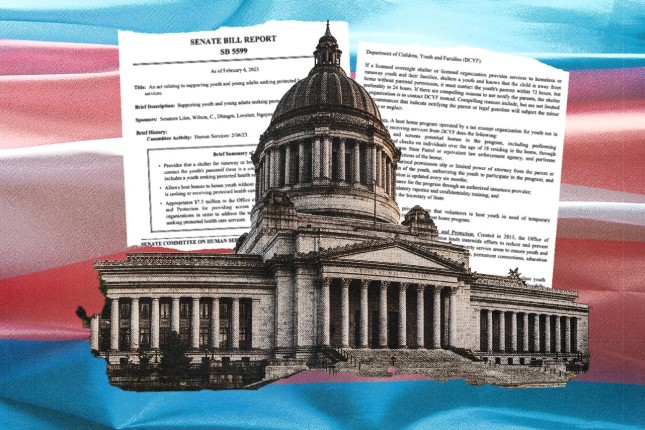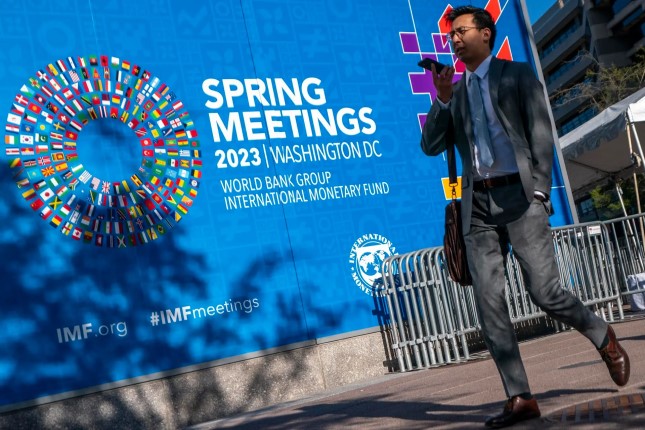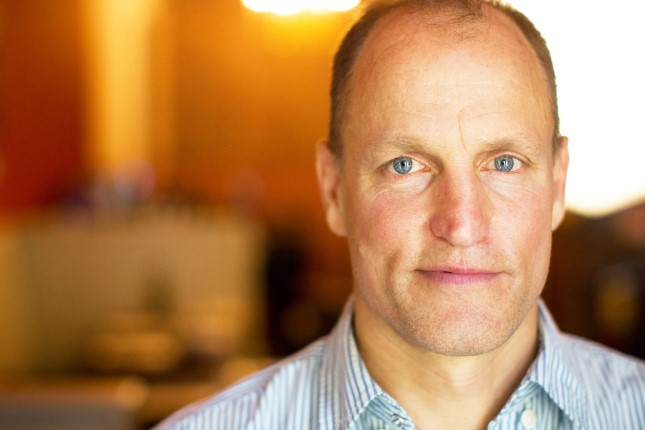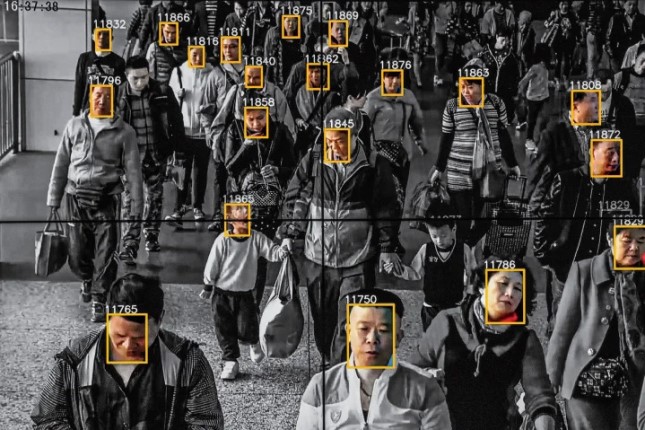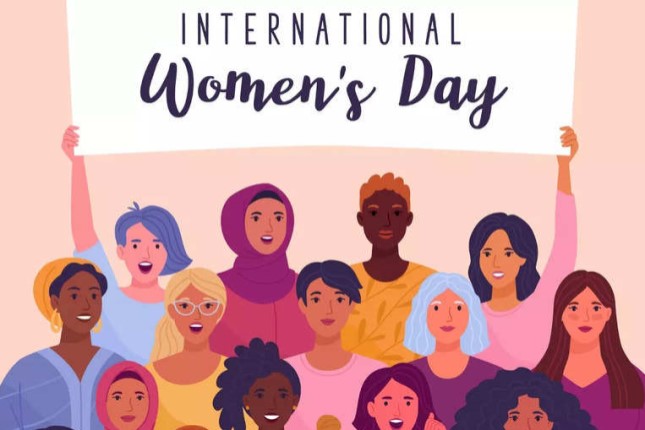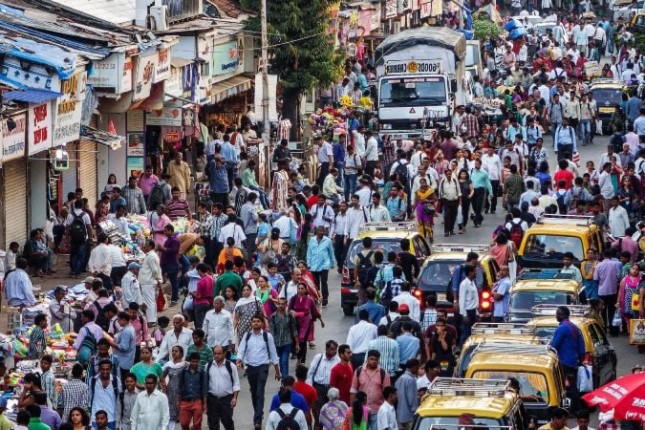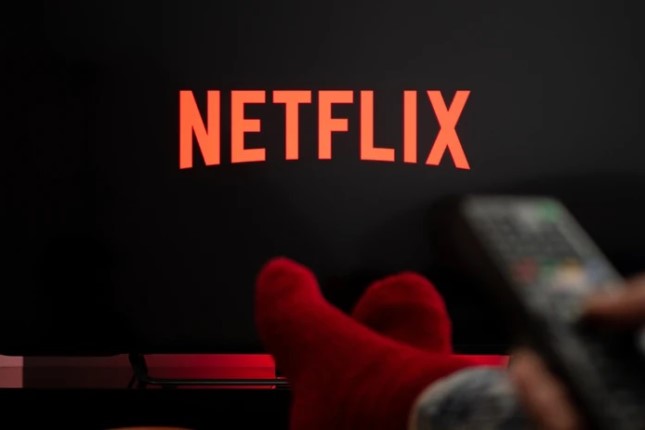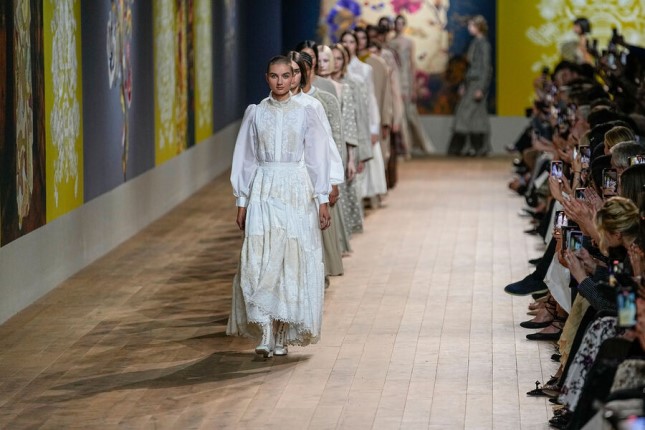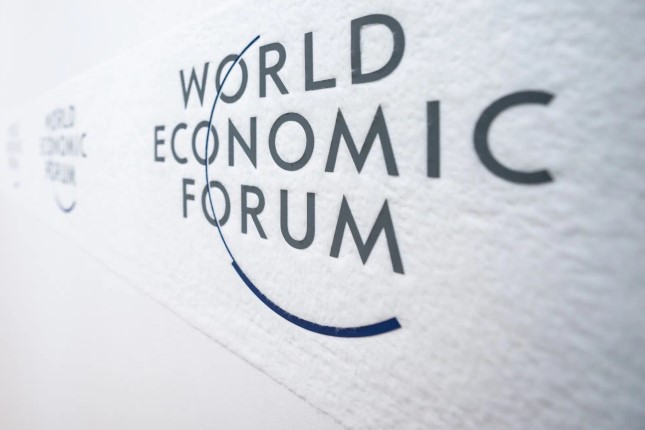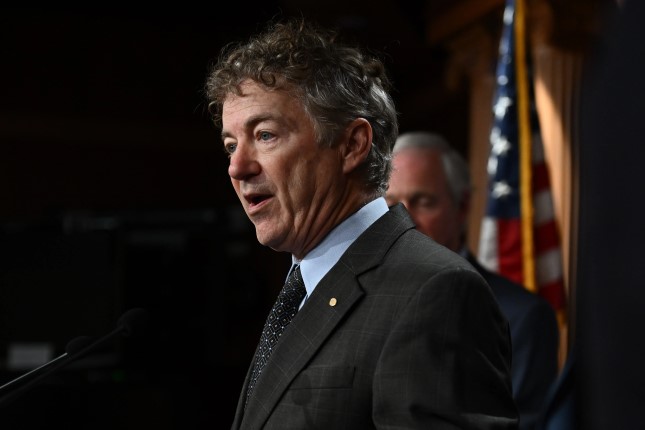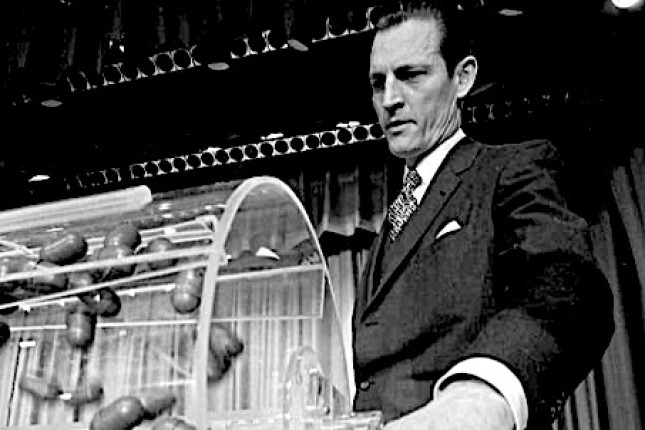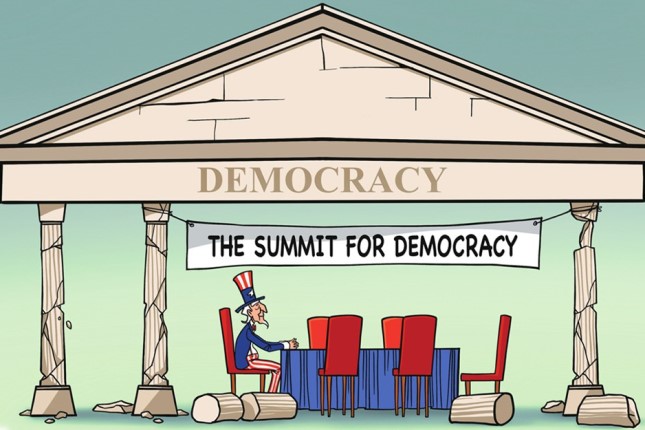Well, this advice may sound far too conservative for the contemporary culture of social activism. After all, notorious prodigy activist Greta Thunberg was only 15 when she became world famous for her call for stronger action on climate change.
The teenager brought the media's attention by protesting on Fridays outside the Swedish Parliament with a sign reading Skolstrejk för klimatet (School Strike for Climate). The following events are well known: in no time, Greta became an environmentalist superstar, a teen girl addressing the UN and ever-present in all the mainstream media. However, any sensible person would agree: her role can hardly be anything other than that of a puppet in the hands of invisible puppeteers.
And this is the main problem with modern social and political activism, at least in many forms. Social change as a value is prioritized over individual moral and intellectual growth. And fighting for it is becoming increasingly professionalized in our society – one doesn't need to be a scientist or environment expert to struggle for presumably noble goals of preventing global climate change, however, complex this problem might be. Social activism is already a profession itself!
Don't be a scientist – become a science activist and promote scientism as an aggressive ideology and worldview. Speak in the name of science instead of doing science; this way, you are going to get much more publicity.
Don't be an artist – that is a difficult path that requires developing original vision and even talent (sorry for being so old-fashioned). Better become an artivist. Ukrainian topless female activist group FEMEN is one example of artivism. The group has existed since 2009 and became notorious for very "good", politically correct activism.
In 2022 topless Ukrainian girls, painted with the slogan "Gas embargo now" on nude breasts, they interrupted the speech of Olaf Sholz during the Federal Government's Open Day in Berlin. Believe it or not, the girls consider themselves political artists.
The laziest folk can turn to one more option – slacktivism. A portmanteau word for slacker and activism means activism on social media or online petitions, which involves minimal effort and best fits the slackers. World's largest online platform for crowd petitions, Change.org, with over 400 million users, has become a symbol of this trend.
"We have this idea that we tell young people all the time, and I do think this is insidious invitation to their prideful narcissism. First all, that they should be "changing the world". Which is a lot to change for people, who haven't even been able to live independently yet. And also, that if you do want to change the world, which is what you should do and what you could do, the way you do that is by being an activist", says Jordan Peterson, a clinical psychologist from Canada, who has become probably one of the world's most influential public intellectuals representing the right wing.
Peterson is one of the few voices who openly question social and political activism: "An activist seems to me to be someone who hypothetically advocates for the oppressed, which is already a moral danger. Because it's like, what the hell made you advocate for the oppressed? Did they elect you? Why are you the spokesman, and what gave you that moral virtue?".
But every social activist's main temptation is a feeling of moral superiority, in most cases absolutely undeserved. "If you are an activist, you're almost always against something, right? You're against the industry. You are against fossil fuels. You are against the patriarchy. You are against racism. You are always identifying the problem with the world as something that some other person who isn't good like you is doing", says Peterson.
And this is precisely what makes modern social activism so annoying.
Claiming moral superiority, being on a high horse all the time, loudly speaking for others, and prioritizing the change of the world over the change of the self. And the idea is that you don't need to prove your beliefs with your own life or biography.
But social activism wasn't always like that. Mahatma Gandhi became the leader of the non-violent protest against the British colonial regime in India, which led to the country's independence, not because he was struggling for cheap popularity in the newspapers but because he was unable to do any other career but social activism. He was jailed several times, spent several years there, went on hunger strikes, and faced innumerable hardships. Nelson Mandela spent 27 years in prison before he managed to put an end to the ugly regime of apartheid in South Africa.
Martin Luther King was assassinated for his struggle for the civil rights of racial minorities in the US. And probably, he was lucky not to see how his struggle transformed into the street hooliganism of the BLM movement.
This is the way activism works and leads to social change. And this is why one can agree with the quoted above two privileged white men who didn't engage in social activism: it is important to learn how to organize your own life before you attempt to change the world. And the quoted examples of unprivileged racial minorities who taught us what activism is and how it can change the world absolutely support this opinion.



